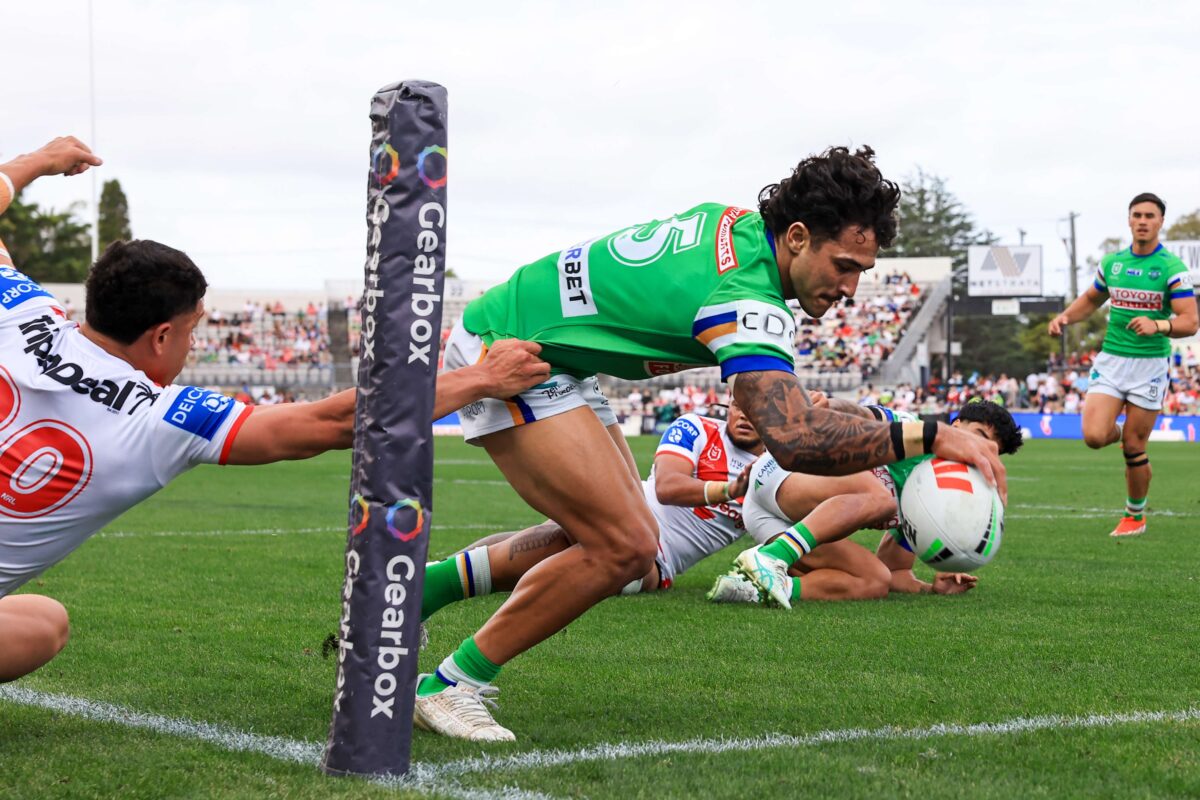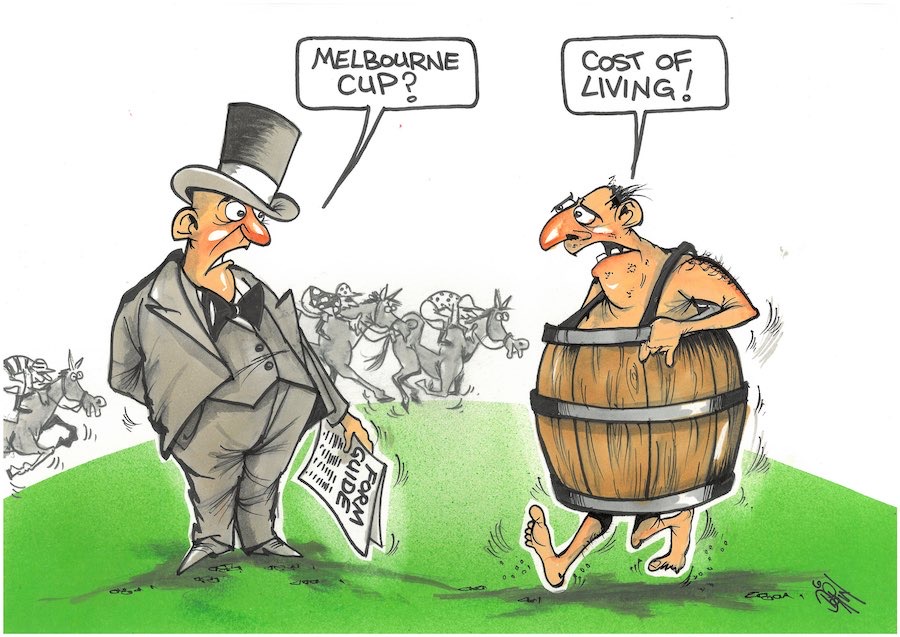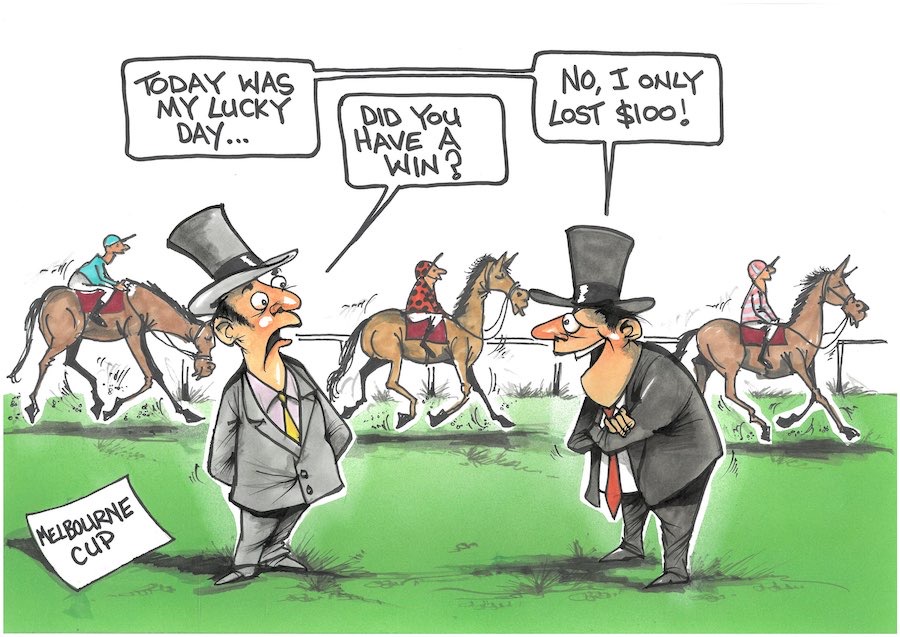I HAVE this vivid image of a young footballer some years ago desperately trying to remain cognisant during a presentation about the perils of taking illicit substances, performance-enhancing drugs and excessive consumption of alcohol.

It was the usual fare, concentrating on the impact drugs and alcohol will have on their careers as professional players, the repercussions on family and loved ones, broader consequences and so on.
This is aside from the obvious fact that as a sportsman, fitness is an asset and drinking to the point of being plastered, borders on vandalism of the body.
The young footballer missed the highpoint of the presentation as he had succumbed to the natural inclination of most 18-year-old males, which is to fall asleep when forced to spend more than 10 minutes trying to focus in a stereotypical classroom setting where somebody, vaguely resembling a teacher remembered from year 9, talks and talks in the hope that by some form of osmosis something will penetrate the adolescent mind.
I remember it well because I was the one delivering the epilogue. It was one of three talks provided that day; unfortunately, mine was the last.
The topic was the media’s handling of sportspeople who transgress. The message was that the media will respond with ferocity to feed the public’s insatiable desire for anything remotely connected to a well-known sportsman going off the rails.
I pointed out that while the essence of sport is what happens on the field, public interest is never higher than with the whiff of a scandal.
I present this scenario in the wake of rugby league’s cocaine weekend. It’s the familiar story of sportsmen succumbing to temptation followed by public humiliation, absolute remorse and then punishment.
It is why I have sympathy for the NRL and any other sporting body dealing with any similar sequence of events. But at the same time, questions need to be raised about mixed messages being presented, particularly to young sportsmen.
Professional sporting codes do more than most workplaces to educate their charges about the possible consequences of actions and the need to make considered decisions.
The concern I have is twofold.
How much of the educational approach is actually going to work given that most young footballers opted for sport as an escape from the classroom? A generalisation, I know, but I am drawing from personal experience.
The other aspect is the conflicted messages often presented by professional sporting bodies. For example, sports bodies crack down on gambling by their sportspeople while embracing online gambling advertising.
The moral compass appeared to be having a holiday when bookie Tom Waterhouse became part of Rugby League’s game-day coverage, which created a lack of delineation between League and gambling. Thankfully, those days appear to be over although the Waterhouse intrusion is being heavily challenged by Ben Johnson’s questionable foray into promoting online gambling.
As sportspeople are warned about the dangers of alcohol, their playing strips are often emblazoned with alcohol-company logos.
Perhaps the education process to young sportspeople should be targeted at pointing out the reasoning behind the ambiguity. In the minds of many, it is difficult to differentiate.
Who can be trusted?
In a world of spin and confusion, there’s never been a more important time to support independent journalism in Canberra.
If you trust our work online and want to enforce the power of independent voices, I invite you to make a small contribution.
Every dollar of support is invested back into our journalism to help keep citynews.com.au strong and free.
Thank you,
Ian Meikle, editor








Leave a Reply